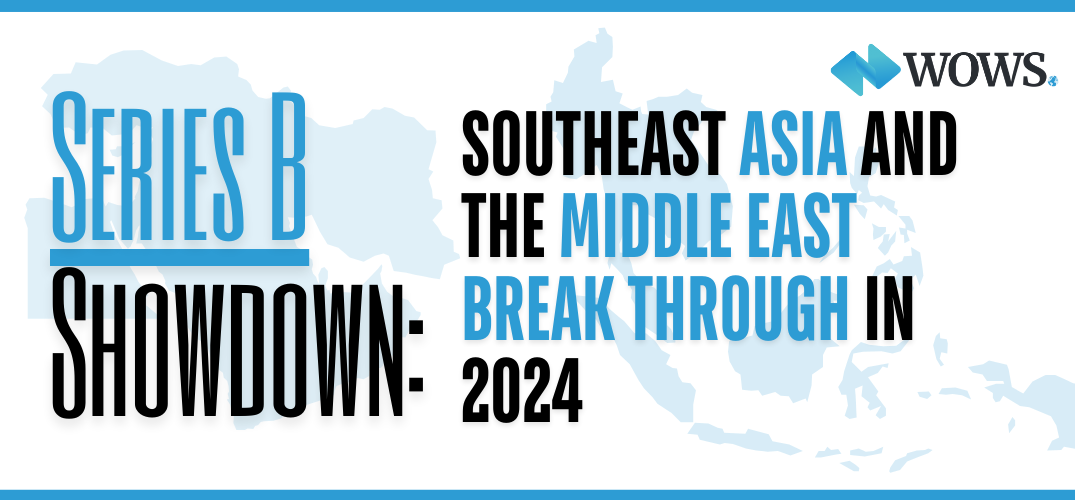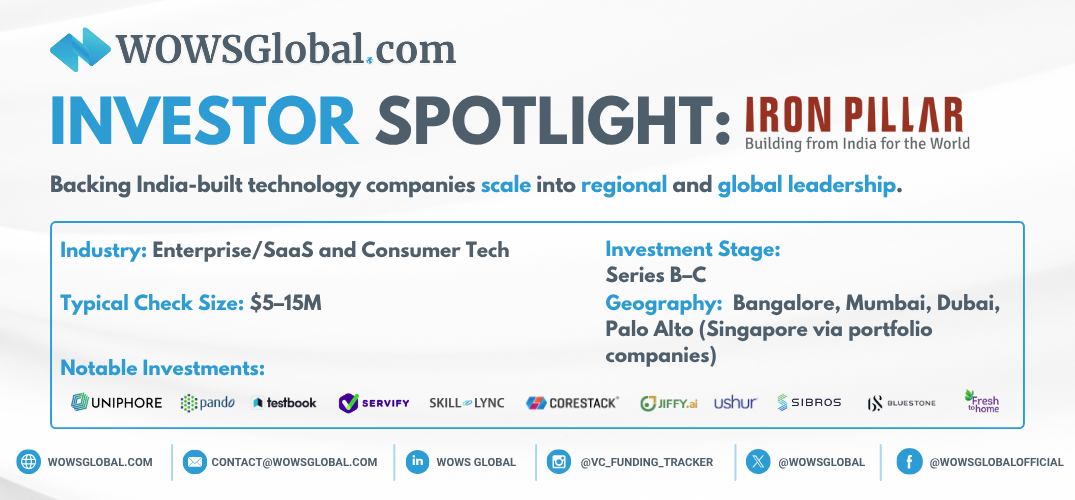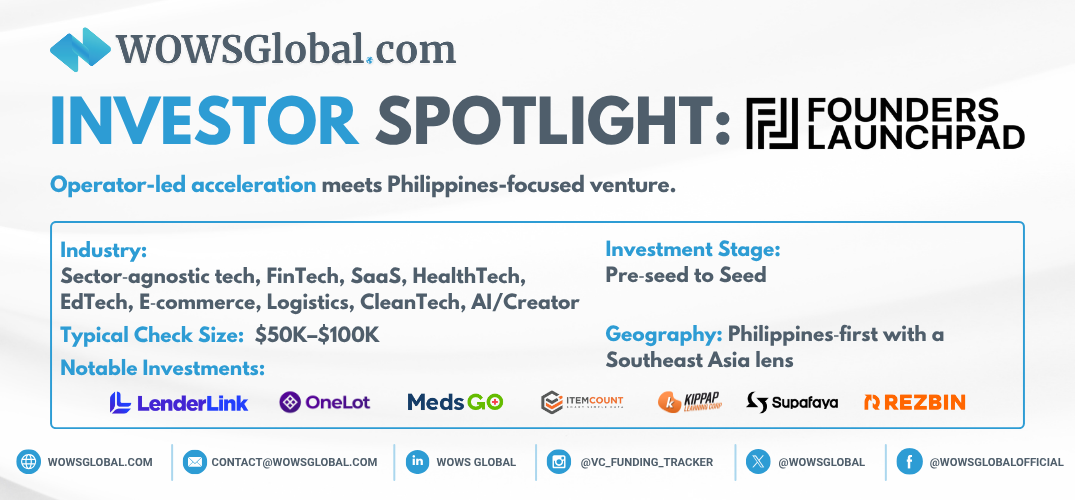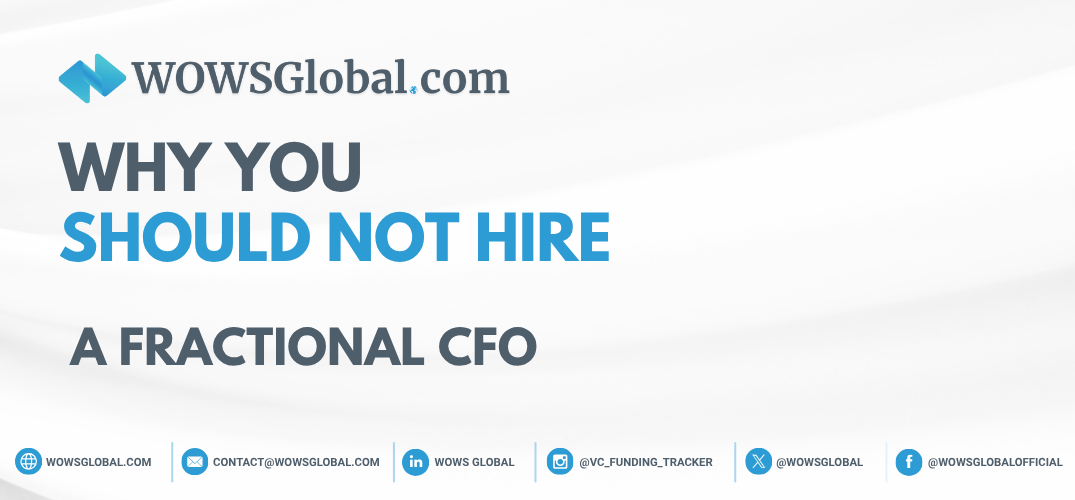Series B Showdown: Southeast Asia and the Middle East Break Through in 2024
Series B Southeast Asia Middle East 4 minutes

In a world where raising venture capital feels like pulling teeth, Southeast Asia and the Middle East have become unlikely champions. Specifically, we’re talking about Series B funding—the so-called "make or break" round where startups are expected to have proven product-market fit and demonstrated strong growth metrics.
Data from Carta shows a global drop in Series B funding, particularly in the U.S. market, where only the most capital-efficient companies are managing to score checks. But for founders in Southeast Asia and the Middle East, 2024 is shaping up differently. Series B, once a hard sell in these regions, is now a coveted target and, more importantly, an achievable milestone. Let’s break it down.
Why Series B is the New Battleground in 2024
According to Carta, Series B has been the hardest-hit stage in venture capital globally, with deals dropping nearly 45% compared to the highs of 2021. Companies at this stage are expected to scale massively while maintaining lean operations, often while balancing on the tightrope of profitability. While many startups in the U.S. are choking on inflated valuations, founders in emerging markets have been smarter with their capital and more grounded in their growth expectations.
Southeast Asia: Pragmatism Wins Out
Take Xendit, the Indonesian payments infrastructure company. In early 2024, they successfully closed a $175 million Series B round despite the global climate, led by major regional players like East Ventures and international backers such as Insight Partners. What’s remarkable about Xendit’s story isn’t just the size of the round—it's how they’ve managed to stay lean while expanding into new Southeast Asian markets. Instead of burning cash in a high-growth-at-all-costs approach, they’ve focused on profitability from early on, driving efficiency while still targeting rapid market expansion.
The key here? Investors are no longer just looking for rocket-fuel growth—they want sustainability. And that’s precisely what Southeast Asian startups are offering. These founders have been building for long-term value, even when the global VC market was throwing caution to the wind.
Meanwhile, Carsome, Malaysia’s automotive marketplace, managed to raise a fresh $120 million in Series B funding in 2024. This is notable for two reasons: one, Carsome had already hit unicorn status with earlier rounds, but two, they still found new capital, despite global headwinds, by focusing on scalability within the constraints of their growing markets. Carsome’s leadership didn’t chase after unrealistic expansion goals—they doubled down on refining their operations, winning over investors who are increasingly focused on smart, sustainable growth.
Middle East: A Strategic Play for Series B
The Middle East, while still newer to the VC game compared to Southeast Asia, has made strides, particularly in the UAE and Saudi Arabia. Series B in this region is on the rise, but it’s the strategic deployment of local capital that stands out. Local investors and sovereign wealth funds are taking the lead in this round, with an eye on long-term national goals like Vision 2030 in Saudi Arabia.
Case in point: Huspy, a UAE-based proptech startup, closed its Series B in March 2024, raising $110 million. Huspy has leveraged its position in a region experiencing a booming real estate market, innovating in mortgage tech and transforming property transactions. This was no small feat; they managed to secure local and international capital despite a global cooling of late-stage VC funding. Investors like Sequoia Capital India and Founders Fund were drawn not just to Huspy’s technology, but also to its long-term scalability in a market with high demand and government-backed growth initiatives.
Saudi Arabia’s Jahez, an online food delivery platform, raised $150 million in a Series B extension round in February 2024. Their success can be attributed to hyper-local expansion strategies that cater to the unique nuances of Saudi culture and customer behavior. While global food delivery platforms struggle with thinning margins, Jahez focused on becoming an essential service in the Kingdom’s fast-evolving urban landscape. Investors are rewarding this focus on localized growth strategies with capital, despite macroeconomic concerns.
The WOWSGlobal Takeaway: Series B is the Growth Round You Can Still Win
At WOWS Global, we’re seeing firsthand that Series B isn’t the dead zone the global data might have you believe. If anything, it’s an opportunity—especially for startups that are operating in capital-efficient markets like Southeast Asia and the Middle East. These regions have the advantage of growing ecosystems with relatively lower costs, but with access to deep capital pools from local investors hungry for regional dominance.
The message to founders is clear: gone are the days when Series B meant blowing up your valuation. Today, it’s about proving you can grow steadily and strategically, while adapting to the nuances of your local market. Investors are rewarding businesses that are built to last, not just those that can scale fast. And if you're based in Southeast Asia or the Middle East, the road to Series B just got a lot more interesting.
Related Posts
-

Retail Investors AI Startups Southeast Asia 4 Minutes
Polarlyst: The Thai AI “Co-Pilot” Bringing Institutional-Style Research to Retail Investors
Polarlyst is a Thai AI-driven investing “co-pilot” turning complex financial data into clear, actionable insights for retail investors. In this WOWS Global spotlight, we break down why they stand out, why they’re worth watching, and what their rise says about the next wave of WealthTech in Southeast Asia. -

Series B Singapore SEA India 5 Minutes
Iron Pillar: Scaling India-Built Tech Into Southeast Asia
Iron Pillar is a venture-growth firm backing India-built technology as it scales across Southeast Asia. This spotlight covers stage focus, typical checks (US$5–15M), sectors, SEA go-to-market via Singapore, and notable portfolio patterns in SaaS and platforms. For founders and co-investors, it’s a practical guide to where Iron Pillar fits, and how to engage. -

Cap Table SEA AI Startups Southeast Asia 5 Minutes
The $200M Refill: When Coffee Chains Teach Us About Liquidity
A closer look at Kopi Kenangan’s USD 200M hybrid round—and why mid-journey liquidity, valuation discipline, and payout clarity matter. We break down the mechanics, the incentives, and the playbook for both founders and investors. -

Southeast Asia Healthcare hospitality tech SEA 4 Minutes
Huray: The Insurer-Integrated Chronic Care Platform to Watch
Huray builds payer-integrated digital programs for chronic diseases, combining connected devices, coaching, and clinician-backed pathways. With distribution through major insurers and a focus on measurable outcomes, the company is poised to scale across Asia’s rapidly evolving health-care landscape. -

SaaS HealthTech Southeast Asia SEA Fintech 6 Minutes
Founders Launchpad: Accelerating the Philippines’ next wave of startups
Founders Launchpad blends capital with hands-on operating support to turn early insights into traction. See why investors are watching this PH pre-seed powerhouse. -

CFO Fractional CFO Southeast Asia SEA Cashflow 4 Minutes
Why You Should Not Hire a Fractional CFO
Fractional CFOs can transform a business, but only if founders are engaged, open to challenge, and aiming for scale. This piece breaks down when not to hire one, and outlines how to partner effectively when you do, from strategic involvement and driver-based models to cash discipline and investor-ready reporting.
